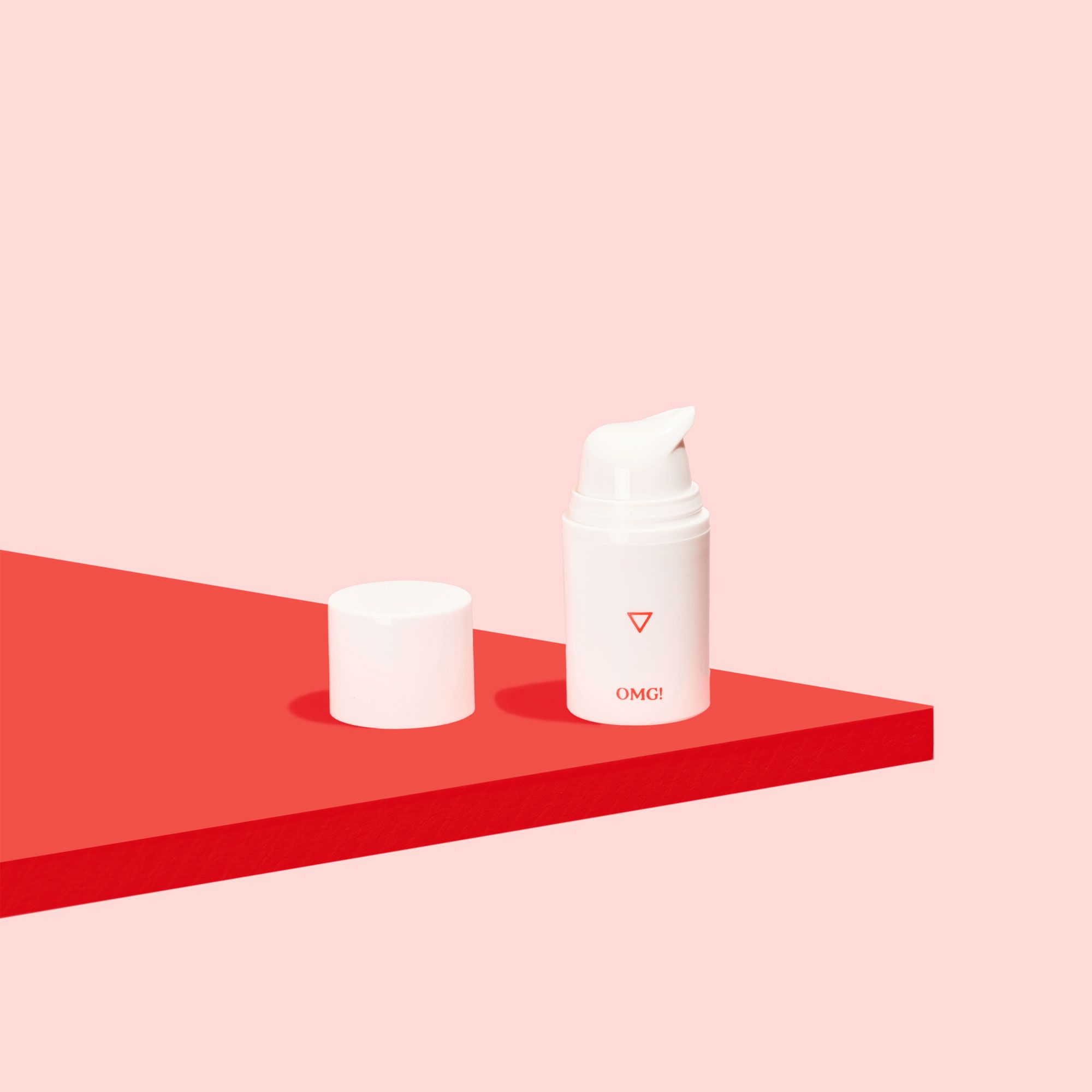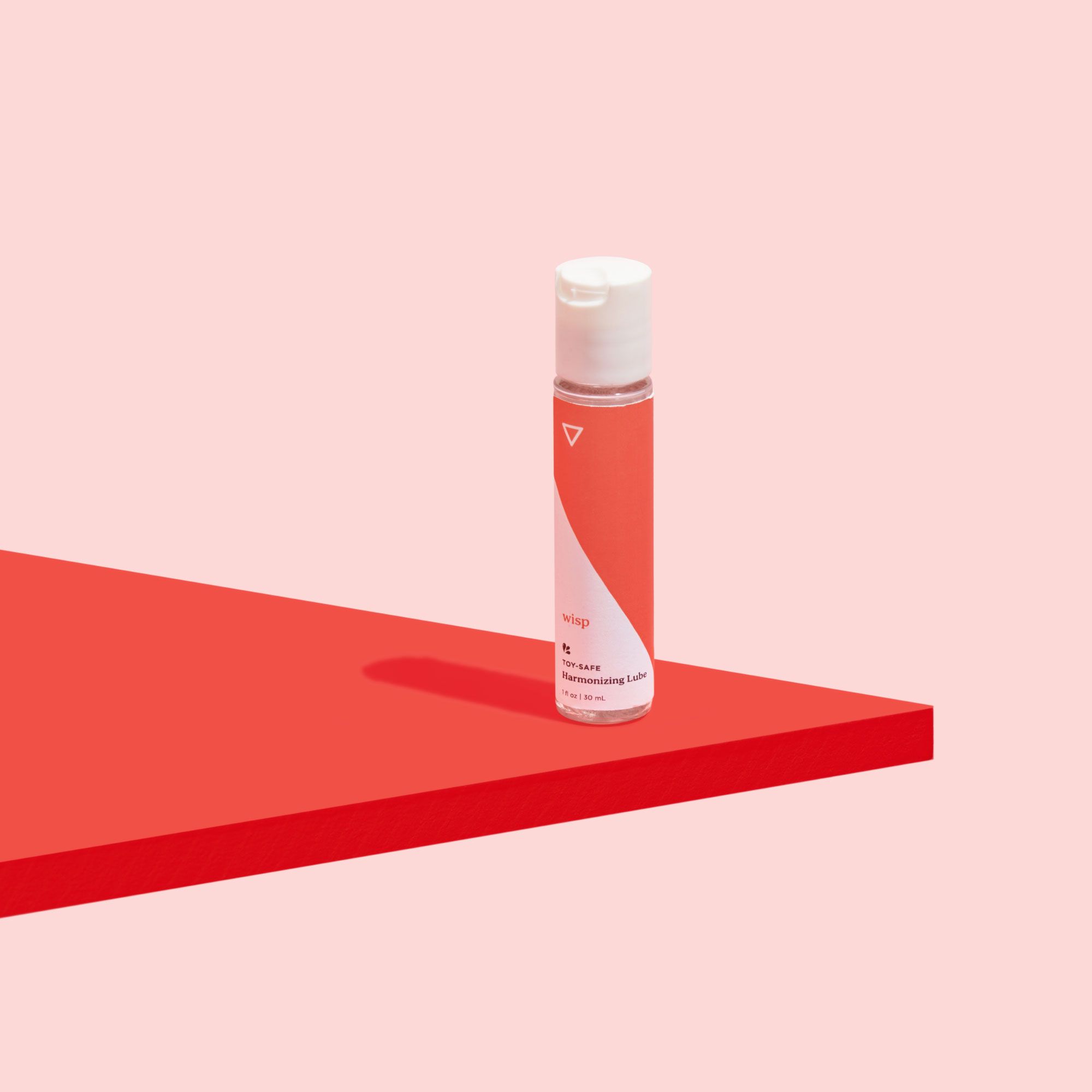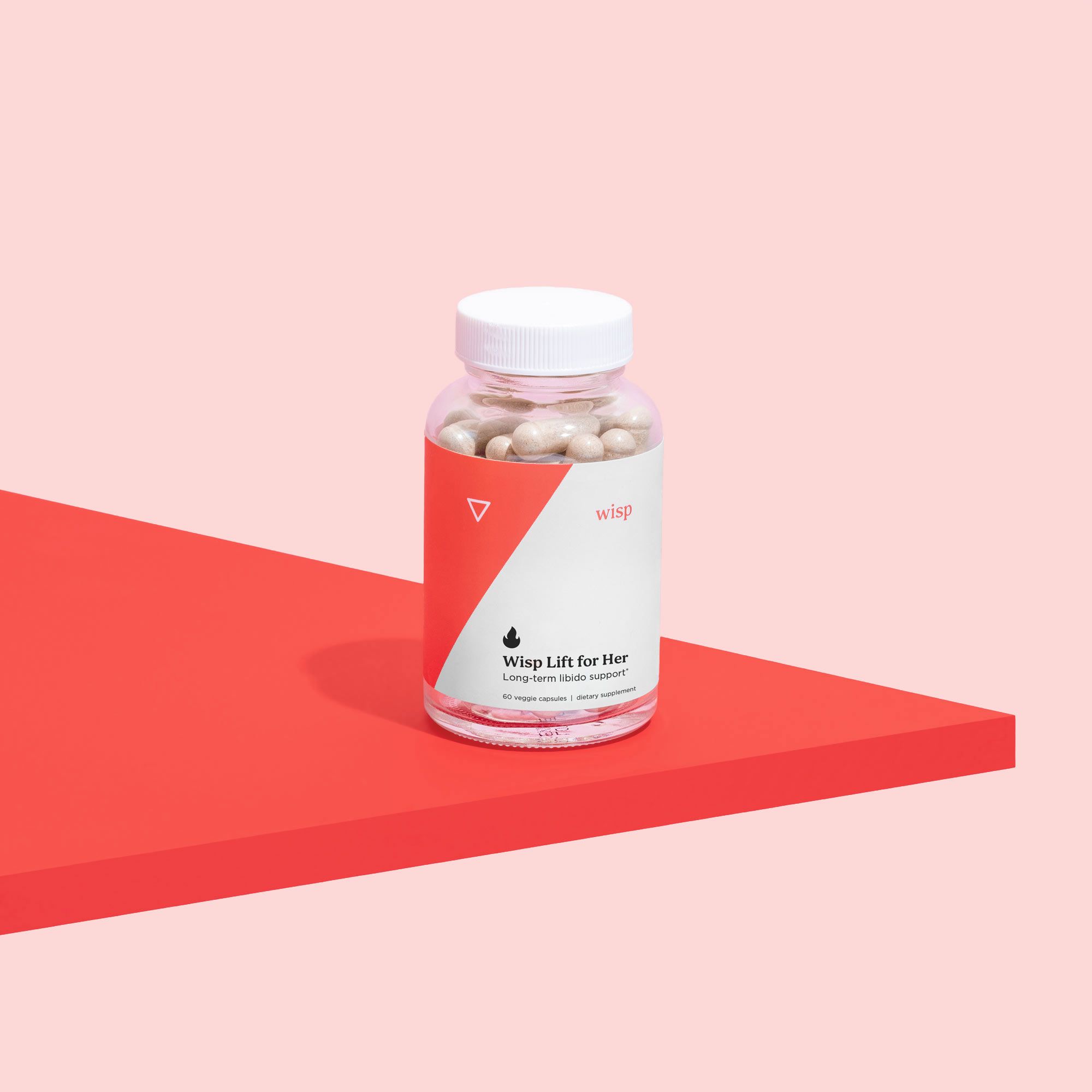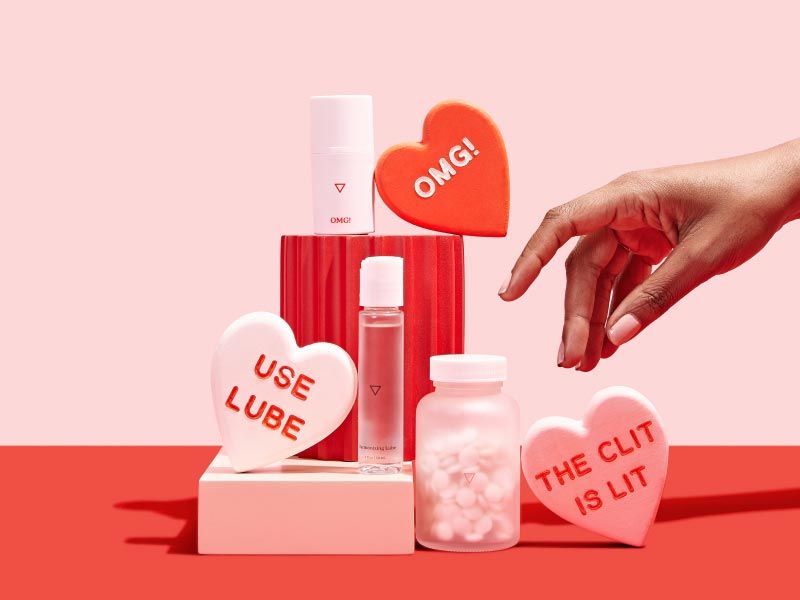
Sex, pleasure, and lies:
a conversation with Lux Alptraum
By Lux Alptraum w/ Kathleen Morrison
March 30, 2023
Studies show that as many as 80% of women have faked an orgasm in bed. This is such a common phenomenon that one of the most well-known scenes in Hollywood history is a conversation about “faking it.” But why do women feel the need to perform this way and what can this tell us about our sexual culture? This topic caught the attention of writer and podcast host, Lux Alptraum and it’s now the topic of her debut book, Faking It: The Lies Women Tell About Sex — And the Truths They Reveal, where Lux examines our cultural obsession with feminine deceit. We got the opportunity to chat with Lux about her work and the role sex, pleasure, and lies play in our culture today. Read on.
Wisp: You're an expert when it comes to the lies women tell about sex—you wrote a whole book about it! It's a common stereotype that most women have "faked it" during sex—in your experience, have you found this to be true? What were the main reasons why, and did you discover any surprising reasons women may fake orgasms?
Lux: So just to be clear here, my book is more a meditation on the cultural significance of things like faked orgasm or lying about having a boyfriend or lying about one’s sexual history more than it is an exhaustive analysis of how often women are lying. That said: I think the fundamental reason why people—regardless of gender, since it’s not just women who fake orgasm—engage in this practice is because the narrative around sex is one where orgasm is required. If you’re anorgasmic (as I was for a time), or struggle to have an orgasm during partner sex, or just can’t climax in that specific moment, for whatever reason, you are often made to feel like you are failure—or, even more uncomfortably, forced to deal with the wounded ego of a partner who’s beating themselves up over not “satisfying” you (often without ever asking you what you personally want out of a sexual experience). When the narrative of “good sex” requires an orgasm, people will often feel motivated to provide that piece of the story—especially if they are having good sex and simply aren’t going to be able to reach orgasm. Sometimes people fake because the sex is bad and they want it to be over, sometimes they fake because they don’t know what they want and are too shy to ask for it, but fundamentally, everyone who fakes does so because orgasm is the socially required “end” of sex; and a faked orgasm allows a sexual experience to come to a conclusion without any further questions.
Wisp: You've mentioned that you don't believe the Orgasm Gap is the right way to talk about women's sexual dissatisfaction. Could you elaborate on that and explain a little more about why the Orgasm Gap can be harmful?
Lux: The big thing here is that there is a vast, vast difference between pleasure and orgasm, even as we routinely conflate the two. It is possible to experience a tremendous amount of sexual pleasure without ever reaching orgasm; it’s also possible to have orgasms that aren’t about sexual pleasure (as with people suffering from PGAD and rape survivors who climax during their assaults). Note: Persistent Genital Arousal Disorder (PGAD) occurs when someone experiences unwanted genital arousal that does not resolve with one or more orgasms. An orgasm can be a sign that sex is pleasurable, and there are absolutely people for whom sex without orgasm is ultimately unfulfilling. But at the end of the day an orgasm is just your body flushing blood from the genitals, which is a completely separate experience from sexual pleasure.
I think people like to talk about the Orgasm Gap because it’s a quantifiable way of illustrating the fact that in heterosexual pairings, male pleasure is often prioritized above female pleasure. But I think it’s dangerous to reduce pleasure to orgasm alone. Rather than encouraging people to obsess over how many orgasms they’re having, or how often they’re orgasming when they have sex with a partner, I prefer to encourage people to focus on whether they are having a good time and if the sex they’re having is mutually enjoyable for everyone involved.
(I also think it’s worth noting that people with vaginas who are orgasmic often have an easier time orgasming more than once than their male partners do—yet if a multiorgasmic woman had five orgasms to her male partner’s one during a sexual experience, I doubt anyone would argue that he’d been cheated.)
Wisp: What advice would you give to someone struggling with ongoing sexual dissatisfaction?
Lux: Well first I’d just say that you’re not alone, and that sex can be a really tricky topic for many people, especially because there’s so much cultural obsession around it. We’re told again and again that sex—and specifically mind-blowing sex with earth shattering orgasms—is the key to good life, but we’re rarely equipped with the tools to learn about and navigate our own bodies and relationship to pleasure.
“Sexual dissatisfaction” is a vague enough term that it could mean a lot of things: for some people, it’s a result of a serious medical issue that requires a doctor’s attention (this is especially the case for something like pelvic or genital pain, which is often downplayed in women and treated as an inconvenience rather than a serious issue). For other people, it stems from not having chemistry with a partner, or simply not knowing what one likes or even just not knowing how to ask for the things one wants. Fundamentally, I think it’s important to take things slow, remember that sex is supposed to feel good, and try to remain present and focused on your own pleasure rather than some social script of what sex “should” be like.
Wisp: What role do you think products like OMG! Cream can play for women who have struggled with sexual satisfaction, whether it's been an ongoing issue or a new struggle for them?
Lux: So sexual dissatisfaction can roughly be broken down into buckets: there are mental/emotional issues, where pleasure is difficult to attain because of anxiety or stress or shame about sex. And then there are mechanical/physical issues, where pleasure is difficult to attain because of a physical issue. In some cases, women can feel a disconnect between their desire and their physical arousal response—which is to say, your brain might feel incredibly turned on and sexually excited while your labia aren’t aroused and your vagina isn’t lubricating. When that’s the case, I think OMG! Cream can be a useful way of aligning what the brain wants with what the body wants by kickstarting the blood flow to the genitals (which is, more or less, what Viagra and other erectile dysfunction medications do for penises).
Wisp: For women who don't want to rely on pharmaceutical interventions, what other successful solutions have you learned about in your research?
Lux: It’s counterintuitive, but the best thing you can do for your sex life is to stop putting pressure on yourself to have an amazing sex life. The more you feel obligated to have amazing sex, the harder it is to actually do it. Focusing instead on relaxation, connection with your partner, and physical pleasure in a variety of forms is the best way to experience fulfilling intimacy.


OMG! Cream - old
Starting at $11
A topical prescription cream that increases blood flow to the clitoris leading to better, more fulfilling orgasms.

Toy-Safe Harmonizing Lube
Starting at $12
A hybrid formula that works with your favorite silicone toys.

Old Wisp Lift For Her
Starting at $66
Daily libido supplements for women to give your sex drive a boost.

Old Wisp Lift For Him
Starting at $66
Daily libido supplements for men to give your sex drive a boost.

